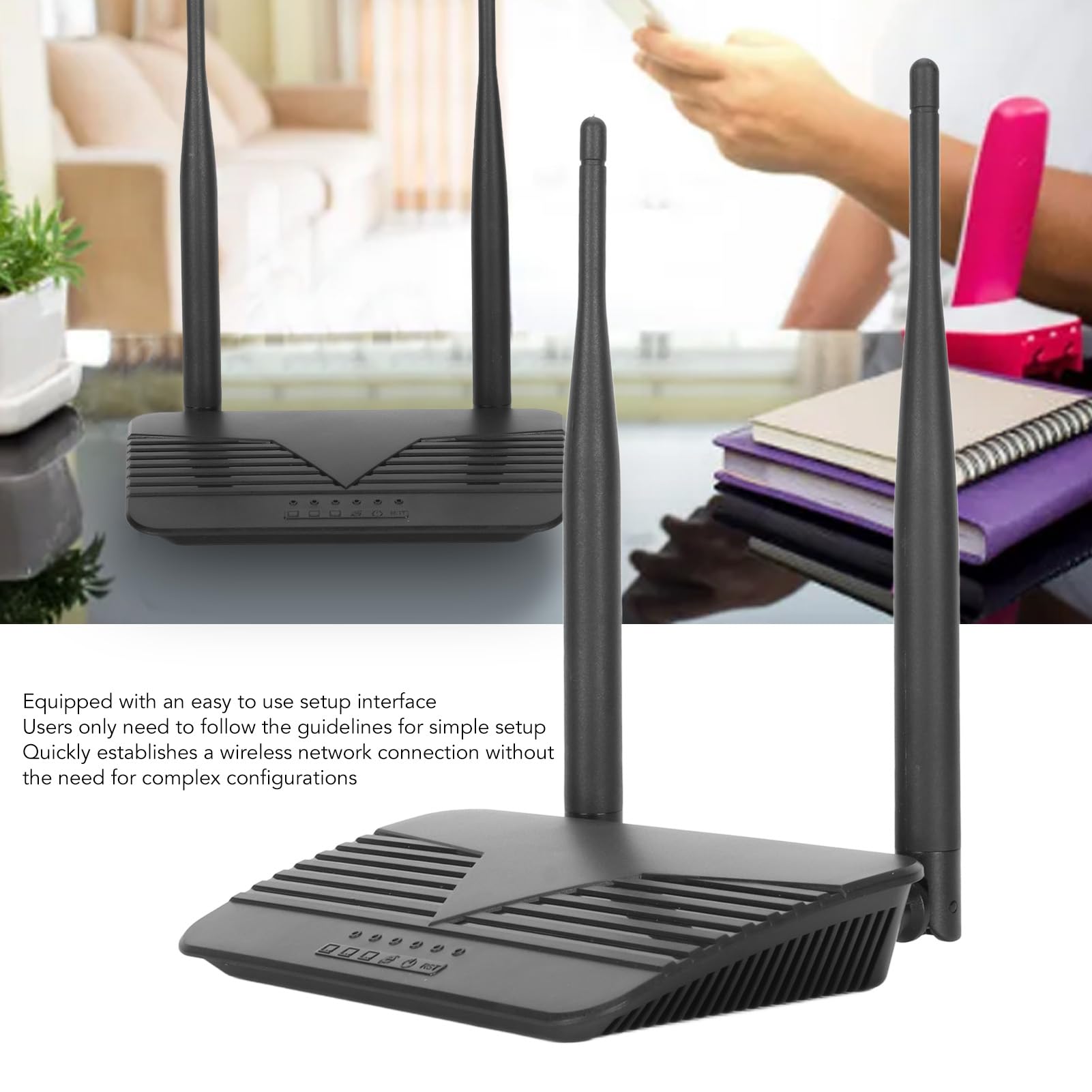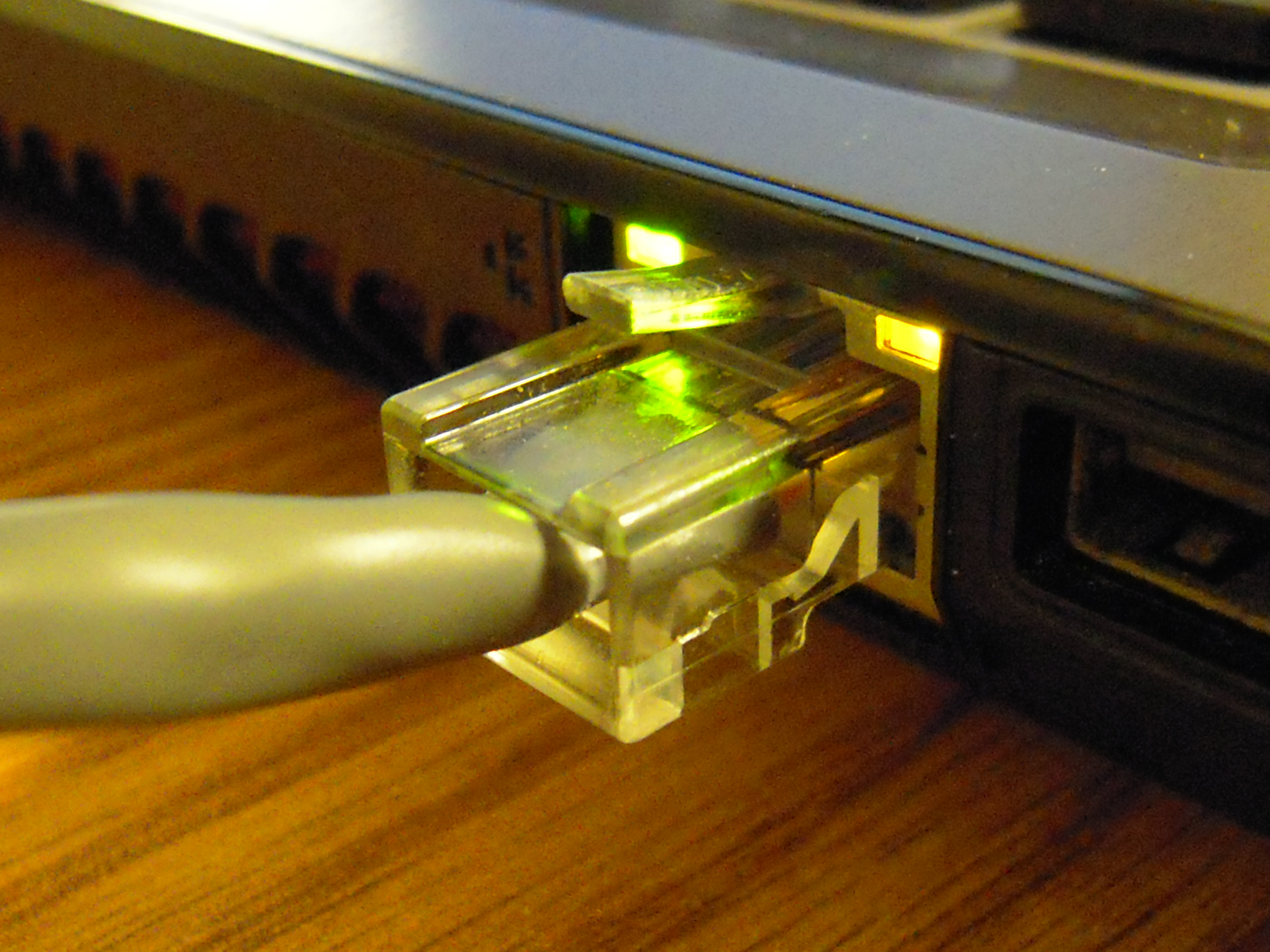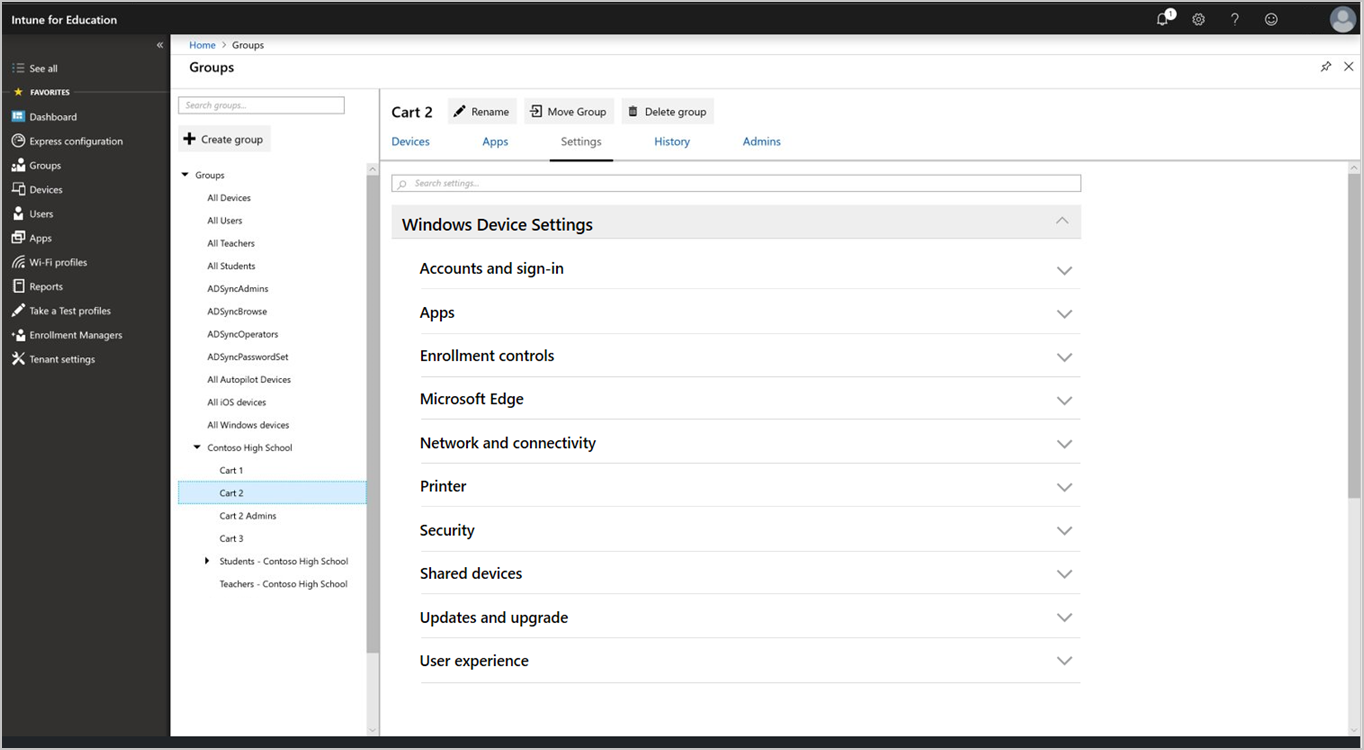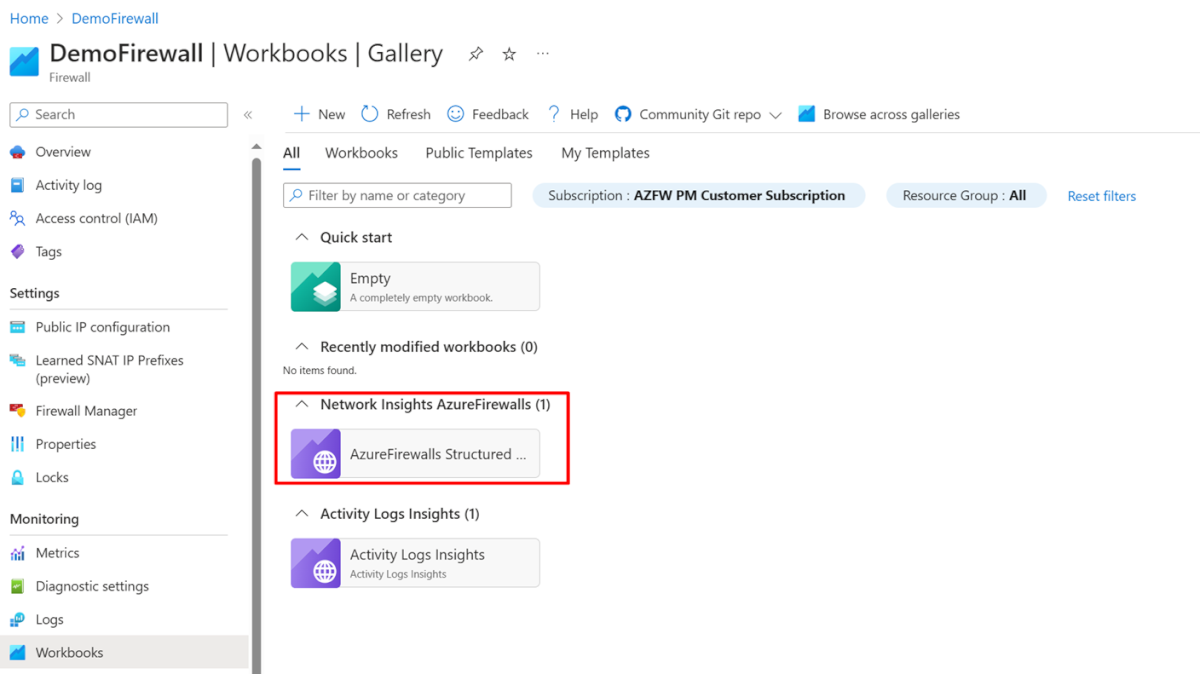Have you ever experienced sudden high ping while gaming? Discover effective tips to reduce high ping and improve your gaming experience.
Understanding Ping and Its Impact on Internet Speed
Ping is a term that refers to the time it takes for data to travel from your computer to a server and back. A high ping can result in lag and slow internet speeds, which can be frustrating, especially for gamers or those who rely on a fast and stable internet connection.
One of the main factors that can contribute to high ping is network congestion. When there is a lot of traffic on a network, it can slow down the data transfer process, resulting in higher ping times.
To reduce high ping all of a sudden, here are some tips:
1. Restart your router: Sometimes, simply restarting your router can help improve your internet speed and reduce ping. This can help clear any temporary issues or conflicts that may be affecting your connection.
2. Close unnecessary applications: Background processes and applications that are running on your computer can consume bandwidth and affect your ping. Close any unnecessary applications or processes to free up resources for your internet connection.
3. Use a wired connection: Wi-Fi connections can be more prone to interference, which can increase ping. If possible, try connecting your computer directly to the router using an Ethernet cable for a more stable and reliable connection.
4. Check for malware or viruses: Malware or viruses on your computer can also affect your internet speed and increase ping. Run a thorough scan using a reliable antivirus software to detect and remove any potential threats.
5. Clear your browser cache: Clearing your browser cache can help improve your internet speed by removing temporary files that may be slowing down your connection.
6. Limit the number of devices connected: If there are multiple devices connected to your network, it can strain your bandwidth and increase ping. Consider disconnecting any devices that are not in use to free up bandwidth for your own use.
7. Upgrade your internet plan: If you consistently experience high ping, it may be worth considering upgrading your internet plan to a higher speed or a plan that offers lower latency. Contact your internet service provider to discuss your options.
Optimizing Router Setup and Internet Connection

To optimize your router setup and internet connection and reduce high ping all of a sudden, follow these tips:
1. Check your internet speed: Use a reliable speed test tool to measure your internet speed. If it’s significantly lower than what you’re paying for, contact your ISP for assistance.
2. Connect via Ethernet: If possible, connect your device directly to the router using an Ethernet cable. This will provide a more stable and faster connection compared to Wi-Fi.
3. Position your router properly: Place your router in a central location, away from obstructions and electronic devices that may interfere with the signal. Make sure it’s elevated and not hidden behind furniture.
4. Update router firmware: Regularly check for firmware updates for your router and install them. These updates often include performance improvements and bug fixes that can help reduce latency.
5. Optimize Wi-Fi settings: Access your router’s settings and change the Wi-Fi channel to reduce interference from neighboring networks. Also, consider using a 5 GHz frequency band for faster and less congested connections.
6. Clear your cache: Clearing your browser’s cache can help improve internet speed by removing temporary files and data that may slow down your browsing experience. Clear your cache regularly for optimal performance.
7. Close background processes: Some applications and programs running in the background can consume bandwidth and slow down your internet connection. Close any unnecessary processes to free up resources.
8. Use a wired connection for gaming: If you’re experiencing high ping while gaming, consider using a wired connection instead of Wi-Fi. This will provide a more stable and reliable connection, reducing lag.
9. Disable bandwidth-heavy applications: If you have other devices or applications using a significant amount of bandwidth, such as streaming media or downloads, consider disabling them while gaming or performing latency-sensitive tasks.
10. Restart your router: Sometimes, a simple restart can resolve temporary issues with your router or internet connection. Turn off your router, wait for a few seconds, and then turn it back on.
Reducing Lag with Ethernet Connections and Bandwidth Management

To reduce high ping all of a sudden, there are two key factors to consider: ethernet connections and bandwidth management.
Ethernet connections provide a more stable and reliable connection compared to Wi-Fi. Ensure that your device is connected to the internet using an ethernet cable instead of relying solely on wireless connections. This will help minimize lag and latency issues.
Bandwidth management is crucial in optimizing your internet connection. Here are a few tips to manage your bandwidth effectively:
1. Close unnecessary background processes: Some applications and programs consume a significant amount of bandwidth in the background. Close any unnecessary processes to free up bandwidth for your gaming activities.
2. Limit downloads and uploads: Downloads and uploads can consume a large portion of your available bandwidth. Pause or limit any ongoing downloads or uploads while gaming to reduce lag.
3. Optimize your network settings: Adjusting your network settings can help improve your connection. Disable any bandwidth-intensive features such as automatic updates or cloud backups while gaming.
4. Manage your devices: If multiple devices are connected to your network, they may be competing for bandwidth. Disconnect any devices that are not in use or limit their bandwidth usage.
5. Upgrade your internet plan: If you consistently experience high ping, consider upgrading your internet plan to a higher bandwidth option. This will provide more bandwidth for gaming and reduce lag.
Minimizing Background Applications and Device Interference

To minimize background applications and device interference, follow these steps:
1. Close unnecessary applications and processes running in the background. These applications can consume CPU and memory resources, leading to high ping. Use the Task Manager (Ctrl+Shift+Esc) to identify and close these applications.
2. Disable automatic updates and downloads. These activities can consume bandwidth and cause network congestion, resulting in high latency. Check your settings and turn off any automatic updates or downloads.
3. Disconnect devices that are not in use. Other devices connected to your network can interfere with your connection and increase ping. If you’re experiencing high ping, turn off or disconnect devices like smartphones, tablets, and smart TVs that are not being actively used.
4. Optimize your router settings. Make sure your router firmware is up to date and adjust settings for optimal performance. Consult your router’s documentation or contact your internet service provider (ISP) for guidance on how to do this.
5. Use a wired connection instead of Wi-Fi. Wi-Fi signals can be affected by interference from other devices or walls, resulting in higher latency. If possible, connect your device directly to the router using an Ethernet cable for a more stable and consistent connection.
6. Clear your browser cache. Cached data can slow down your browsing experience and indirectly affect ping. Clear your browser cache regularly to ensure smoother data communication.
7. Consider using a VPN (Virtual Private Network). Some ISPs may throttle your internet connection, leading to higher ping. A VPN can help bypass these restrictions and improve your connection speed.
Selecting the Closest Server for Lower Latency
1. Check your network settings: Start by ensuring that your internet connection is stable and your router is functioning properly. You can also try restarting your router to resolve any temporary issues.
2. Use a server testing tool: There are various online tools available that can help you determine the latency of different servers. Use these tools to identify the closest server to your location with the lowest latency.
3. Adjust your server settings: Once you have identified the server with the lowest latency, update your server settings accordingly. Change your server location to the closest one to reduce the distance packets have to travel, resulting in lower latency.
4. Consider using a VPN: If you are experiencing high ping due to network congestion or traffic routing issues, using a VPN can help. A VPN can reroute your internet traffic through different servers, potentially improving your connection’s latency.
5. Monitor your ping: After making these changes, regularly monitor your ping to ensure that it stays within an acceptable range. If you notice any sudden spikes in latency, consider switching to a different server or troubleshooting your network.
Adjusting Firewall Settings and Frame Rate for Better Performance

To reduce high ping all of a sudden, there are a couple of adjustments you can make to your firewall settings and frame rate. These tweaks can help optimize your network connection and improve overall performance. Here’s how you can do it:
1. Adjust Firewall Settings:
Firewalls are designed to protect your computer from unauthorized access, but they can sometimes interfere with your gaming experience. To optimize your firewall settings for better performance:
– Open your firewall settings on your computer.
– Look for any settings related to gaming or network performance.
– Enable “Gaming Mode” or “Network Optimization” if available.
– Add your game or gaming platform to the list of allowed applications.
– Disable any unnecessary firewall rules that may be causing latency or lag.
2. Optimize Frame Rate:
A higher frame rate can greatly improve your gaming experience by reducing input lag and making the gameplay smoother. To optimize your frame rate:
– Open your game’s settings or options menu.
– Look for the graphics or video settings.
– Lower the graphics quality or resolution to reduce the strain on your system.
– Adjust the frame rate limit to a value that your hardware can handle smoothly.
– Close any background processes or applications that may be using excessive resources.
Remember to save your changes and restart your game for the adjustments to take effect.
Upgrading Equipment and Contacting Your ISP for Solutions
If you’re experiencing a sudden increase in ping, there are a few steps you can take to address the issue. First, consider upgrading your equipment. Check if your router and modem are outdated and consider replacing them with newer models. This can improve your internet connection and reduce latency.
Another important step is to contact your Internet Service Provider (ISP) to troubleshoot the issue. They may be able to identify any network problems or offer solutions specific to your connection. Be sure to provide them with detailed information about your high ping, including when it started and any specific activities that may be causing it.
It’s also worth checking for any background processes or downloads that may be using up your bandwidth. These can contribute to high ping and slow down your internet speed. Close any unnecessary applications and pause any ongoing downloads to free up bandwidth for your online activities.
In addition, clear your computer’s cache and temporary files regularly. These files can accumulate over time and slow down your system, leading to higher ping. Clearing them can help improve your overall internet performance.
Lastly, consider running a virus scan on your computer. Viruses or malware can affect your internet connection and cause high ping. Use a reliable antivirus software to scan your system and remove any potential threats.
By taking these steps and upgrading your equipment, you can effectively reduce high ping and enjoy a smoother online experience.
Frequently Asked Questions
Why is my ping suddenly so high League of Legends?
Your League of Legends ping may suddenly be high due to outdated game versions or network issues with your router or modem.
How do I fix my ping spikes?
To fix ping spikes, try using a hardwired connection instead of relying on Wi-Fi. A wired connection will provide faster and more reliable data transfer, leading to improved network stability and reduced ping spikes during gaming.
Why is my ping spiking so high randomly?
Your ping may be spiking randomly due to network congestion, which can occur when there is increased traffic on your network or the network between your device and the game server. This congestion can result in delays and higher ping.
Why is my ping so high out of nowhere?
Your ping may be high out of nowhere due to various factors such as outdated or improperly placed routers, outdated computers, unoptimized gaming settings, or full caches on your router or modems.

